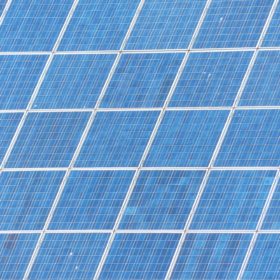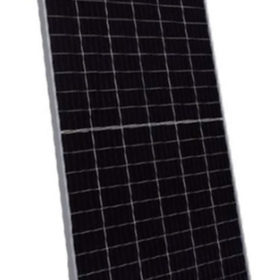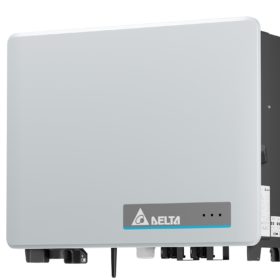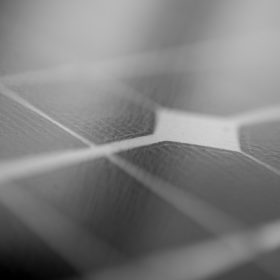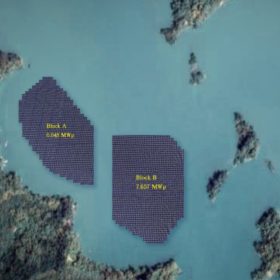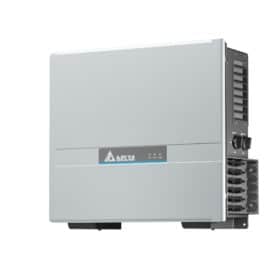Inventec Solar files for bankruptcy
Taiwanese module manufacturer Inventec Solar has accumulated about $70.2 million of debt.
TOPCon solar module tech from Taiwan
Taiwanese solar manufacturer Motech is expanding its TOPCon module capacity to meet rising demand. Its flagship product is a TOPCon 360 W panel with a power conversion efficiency of 21.1%.
Delta expands string inverter series with two new products
The two three-phase inverters feature two maximum power point trackers and have input voltages ranging between 200 and 1,000 V DC. The smallest device has an efficiency of 98.3% and the largest 98.5%.
Taiwan’s URE Corp deploys production line for M6, M8 solar modules
The new capacity is expected to meet domestic solar module demand, which the PV manufacturer expects will significantly increase in the second half of this year.
‘Polysilicon shortage will continue through 2021’
The latest global PV industry outlook published by trade group SolarPower Europe, has indicated tight supply of the solar panel raw material is expected to persist this year but the trade body said it would be unlikely to drive further price rises.
TSEC switches on new 500 MW solar cell production line
The new production line will enable the Taiwan-based manufacturer to produce larger and more powerful modules.
Taiwan maintains feed-in tariffs for PV unchanged
The move is intended at helping the solar sector recover from the delays caused by the Covid-19 crisis. The Taiwanese government has also granted a three-month grace period for project completion.
Taiwan’s Wushantou Dam to host 13.7 MW floating PV array
The floating plant will be deployed at the 20 MW Wushantou hydroelectric power dam operated by Taiwanese state-owned utility Taiwan Power Corp, in Tainan city.
Delta launches 50 kW inverter for commercial arrays
The 98.7%-efficient device features six MPPT trackers and an overall input voltage range that is from 200 V to 1000 V.
Big solar-plus-storage comes to Taiwan
Taiwanese module maker URE Corp is planning to link a 150 MW solar plant to a 15 MW/15 MWh storage facility.
